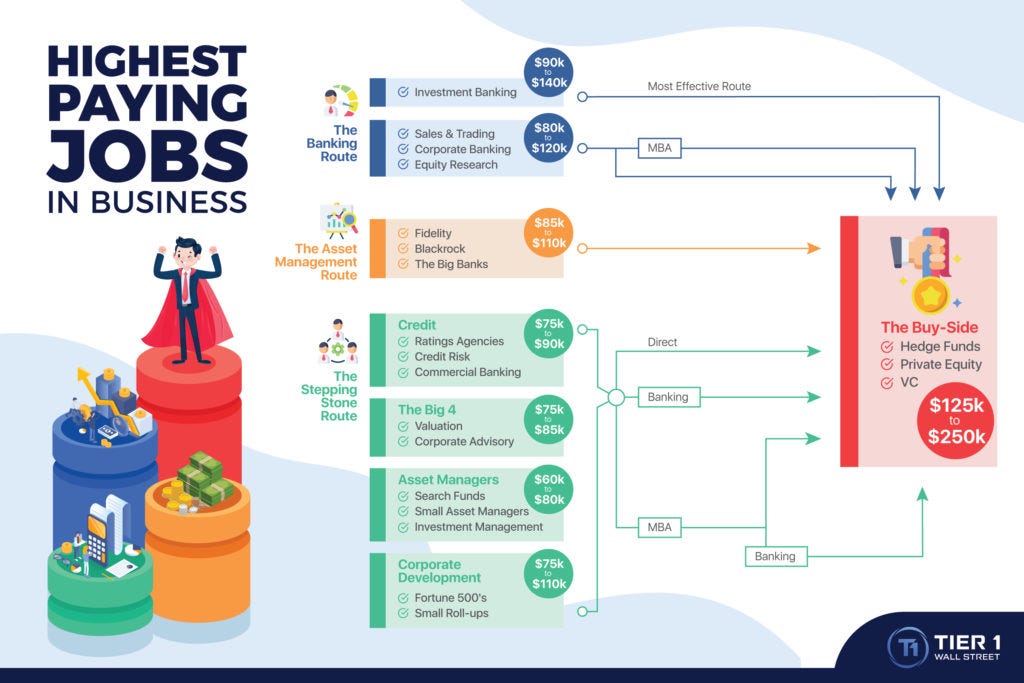Table of ContentsMore About How To Add Bond Holdings To Yahoo Finance PortfolioNot known Factual Statements About What Is A Bond Finance Fascination About Which Of These Describes A Bond Personal FinanceWhat Does What Does Everything In The Price Of A Bond Formula Stand For In Finance Mean?
Businesses aren't the only entities that can provide bonds. Governments and towns sell them too. Let's look at how these kinds of bonds vary. Ad Federal Government Bonds: To money programs, meet their payrolls and essentially pay their costs, federal governments issue bonds. Bonds from steady federal governments, such as the United States, are thought about exceptionally safe investments.
The U.S. federal government provides its own bonds from the treasury and from several government firms. Those maturing in less than one year are called T-bills. Bonds that grow in one to ten years are T-notes, and those that take more than ten years to mature are treasury bonds. In some cases, you don't need to pay state or regional income taxes on the interest they earn.
Munis finance things like hospitals, schools, power plants, streets, workplace buildings, airports, bridges and so forth. Towns normally release bonds when they require more cash than they collect through taxes. The advantage about local bonds is that you don't need to pay federal earnings taxes on the interest they earn.

While corporate bonds are a higher threat than government bonds, they can earn a lot more money. There's likewise a much bigger selection of business bonds. The drawback is that you do have to pay federal income tax on the interest they make. Particularly when purchasing business bonds, it is essential to consider how dangerous the bond is.

You can research the issuer's financial circumstance to see how solid its prospects are. This includes investigating things like capital, debt, liquidity and the company's organisation strategy. As fun as it sounds to look into these things, most of us don't have the time or abilities to examine a corporation's monetary situation precisely.
Their experts look into a company's situation and figure out a bond ranking for the company. Every rating service has its own formula for determining threat and its own kind of score scale. Usually, rating scales are defined in letter grades, where an AAA ranking designates a safe, low-risk bond, and a D score designates a high-risk bond.
federal government bonds, are usually low-yield bonds. You can depend on getting a payment however that payment will be small. finance quizlet when bond rates rise. On the other side of the spectrum, you have what's not-so-affectionately called, which are low-rated, high-risk bonds. In order to attract financiers into buying these dangerous junk bonds, the issuing companies assure high yields.
8 Simple Techniques For What Is New Mexico Activities Or Expenditures Do The Bond Issues Finance
However if you do, you might earn money in spades. Still uncertain about some of the terms related to bond investment? Take a look at the glossary on the next page.
Bonds are loans made to large organizations. These consist of corporations, cities, and national federal governments. A specific bond is a piece of an enormous loan. That's since the size of these entities needs them to borrow cash from more than one source. Bonds are a kind of fixed-income financial investment. The other kinds of investments are money, stocks, products, and derivatives.
They vary according to who issues them, length until maturity, rate of interest, and risk. The best are short-term U.S. how to find the beta for a bond finance. Treasury costs, however they likewise pay the least interest. Longer-term treasurys, like the standard 10-year note, provide somewhat less danger and partially higher yields. POINTERS are Treasury bonds that safeguard against inflation.
They return a bit more than Treasuries but are a bit riskier. Corporate bonds are provided by companies. They have more threat than federal government bonds due to the fact that corporations can't raise taxes to pay for the bonds. The danger and return depend upon how credit-worthy the business is. The greatest paying and greatest danger ones are called scrap bonds.
Until then, the customer makes agreed-upon interest payments to the bondholder. Individuals who own bonds are likewise called financial institutions or debtholders. In the old days, when individuals kept paper bonds, they would redeem the interest payments by clipping coupons. Today, this is all done digitally. Of course, the debtor pays back the principal, called the stated value, when the bond grows.
They can just do this due to the fact that there is a secondary market for bonds. Bonds are either publicly traded on exchanges or offered privately in between a broker and the financial institution. Considering that they can be resold, the worth of a bond fluctuates up until it develops. Imagine The Coca-Cola Business desired to obtain $10 billion from financiers to get a big tea business in Asia.
It provides each bond at a par worth of $1,000 and assures to pay pro-rata interest semi-annually. Through a financial investment bank, it approaches financiers who invest in the bonds. In this case, Coke requires to sell 10 million bonds at $1,000 each to raise its wanted $10 billion before paying the costs it would incur. Each $1,000 bond is going to receive $25.00 each year in interest.
What Is Bond Indenture In Finance - The Facts
If all goes well, at the end of ten years, the original $1,000 will be returned on the maturity date and the bond will disappear. Bonds pay off in 2 ways. First, you get earnings through the interest payments. Obviously, if you hold the bond to maturity, you will get all your principal back.
You can't lose your financial investment unless the entity defaults. Second, you can profit if you resell the bond at a higher rate than you purchased it. Often bond traders will bid up the cost of the bond beyond its face worth. That would occur if the net present value of its interest payments and principal were higher than alternative bond investments.
Lots of specific investors prefer to let a knowledgeable fund supervisor choose the very best selection of bonds. A bond fund can also reduce danger through diversification. In this manner, if one entity defaults on its bonds, then only a little part of the financial investment is lost. Some bonds, referred to as zero-coupon bonds, do not distribute interest earnings in the kind of checks or direct deposit however, instead, are released at a specifically determined discount rate.
Over the long run, bonds pay out a lower return on your investment than stocks. Because case, you might not earn enough to outmatch inflation. Investing only in bonds might not enable you to conserve enough for retirement. Business can default on bonds. That's why you need to examine the bondholder's S&P scores.
They could quickly default. They need to provide a much higher rate of interest to draw in buyers. Although typically thought about "safe," bonds do have some danger. Credit danger refers to the possibility of not getting your guaranteed principal or interest at the contractually ensured time due to the company's failure or unwillingness to disperse it to you.
The outright greatest investment-grade bond is a Triple-A ranked bond. There is constantly an opportunity that the federal government will enact policies, deliberately or unintentionally, that cause prevalent inflation. Unless you own a variable rate bond or the bond itself has some sort of integrated protection, a high rate of inflation can destroy your purchasing power.
When you buy a bond, you understand that it's probably going to be sending you interest income regularly. There is a threat in this, however, because you can not forecast ahead of time the exact rate at which you will be able to reinvest the money. If rate of interest have dropped significantly, you'll need to put your fresh interest income to work in bonds yielding lower returns than you had actually been delighting in.
Get This Report on What Is Bond In Finance With Example
This suggests that as soon as you get them, you may have a difficult time selling bonds at top dollar. This is among the factors it is practically always best to restrict the purchase of individual bonds for your portfolio to bonds you plan to hold till maturity. For lots of people, valuing bonds can be complicated.
To put it simply, the more demand there is for bonds, the lower the yield. That appears counter-intuitive. The factor depends on the secondary market. As individuals need bonds, they pay a higher cost for them. But the interest payment to the shareholder is repaired; it was set when the bond was initially sold.
Put another way, the cost they spent for the bond yields a lower return. Financiers usually require bonds when the stock market ends up being riskier. They are ready to pay more to prevent the greater threat of a plummeting stock market. Considering that bonds return a fixed interest payment, they look appealing when the economy and stock market decline.